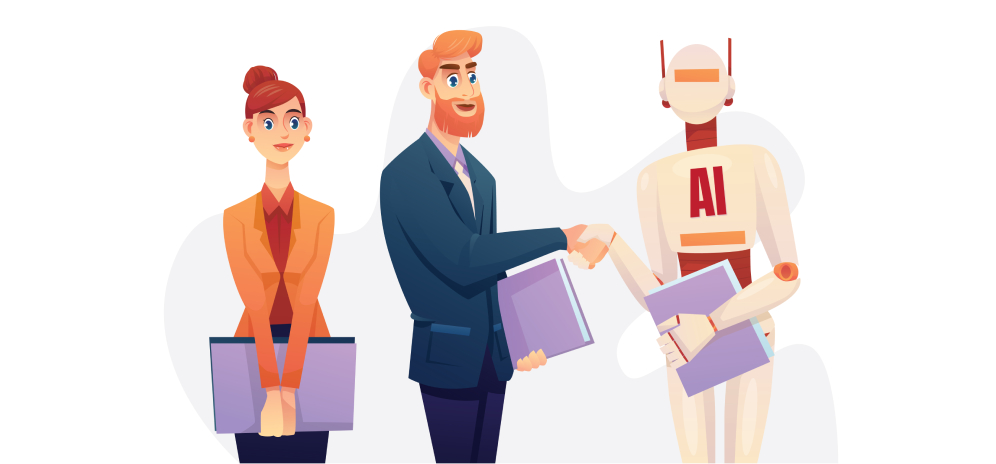
The rapid advancements in artificial intelligence (AI) have sparked both excitement and concern regarding its impact on the future of work. As AI technologies continue to evolve, questions arise about the potential displacement of human workers, the emergence of new job opportunities, and the overall transformation of industries. In this blog, we explore the intersection of AI and employment, examining how AI is reshaping the workforce, the skills required in the AI era, and the potential opportunities and challenges that lie ahead.
Automation and Job Displacement
One of the key concerns surrounding AI is the potential automation of tasks that were traditionally performed by humans. AI-powered systems can analyze vast amounts of data, perform complex calculations, and execute repetitive tasks with speed and precision. This has led to fears of job displacement across various industries. However, history has shown that technological advancements often lead to the creation of new jobs, as they free up human capacity for higher-level tasks that require creativity, problem-solving, and emotional intelligence.
Redefining Job Roles and Skillsets
AI is reshaping job roles and skill requirements in many professions. Routine and repetitive tasks are being automated, allowing workers to focus on tasks that require critical thinking, innovation, and interpersonal skills. This shift necessitates the development of new skills, such as data analysis, machine learning, and digital literacy. Upskilling and lifelong learning will become essential to remain relevant in the AI-driven job market, as workers adapt to new technologies and find their place in the evolving employment landscape.
Augmenting Human Capabilities
Rather than replacing humans, AI has the potential to augment human capabilities, leading to increased productivity and efficiency. AI-powered tools and systems can assist workers in decision-making, provide data-driven insights, and automate tedious tasks, enabling individuals to focus on higher-value work. Collaborative partnerships between humans and AI can enhance productivity, creativity, and problem-solving, driving innovation and growth in organizations.
New Job Opportunities
While some jobs may be at risk of automation, the rise of AI also opens up new avenues for employment. The development, deployment, and maintenance of AI systems require skilled professionals in areas such as AI research, data science, algorithm development, and ethics. Additionally, the growth of AI-driven industries, such as robotics, autonomous vehicles, and healthcare technology, will create a demand for specialized roles. Embracing AI can unlock new career paths and entrepreneurial opportunities for individuals willing to adapt and acquire the necessary skills.
Ethical Considerations and Human Oversight
As AI becomes increasingly integrated into the workplace, ethical considerations and the need for human oversight become paramount. Ensuring fairness, transparency, and accountability in AI systems is crucial to prevent biases and unintended consequences. Human intervention and decision-making are essential in ethical dilemmas, complex problem-solving, and maintaining human-centric values in AI applications.
Conclusion: Embracing the Future of Work
The future of work in the age of AI is a dynamic landscape of opportunities and challenges. While AI has the potential to automate certain tasks, it also opens up new possibilities for human ingenuity and creativity. Adapting to the changing nature of work requires a proactive approach to learning, upskilling, and embracing technology as a tool for augmentation. By harnessing the power of AI, individuals, and organizations can unlock innovation, improve efficiency, and shape a future where humans and machines collaborate for the benefit of society.
As the workplace evolves, it is essential to strike a balance between technological advancement and human-centric values, ensuring that AI is harnessed ethically and responsibly. By embracing the potential of AI, preparing for evolving skill requirements, and fostering a culture of lifelong learning, we can navigate the future of work with confidence, resilience, and a commitment to human flourishing.
The impact of AI on jobs and employment is a complex and multifaceted issue that requires careful consideration. While some job roles may undergo significant changes or become automated, the future of work also presents exciting opportunities for innovation and growth. By understanding the transformations brought about by AI, individuals, and organizations can proactively adapt and thrive in the evolving landscape.
As AI continues to advance, it is crucial to foster a culture of continuous learning and skill development. Individuals must embrace lifelong learning to acquire the knowledge and competencies needed to navigate the AI-driven job market. Upskilling and reskilling programs can play a vital role in equipping workers with the skills required for emerging roles and ensuring a smooth transition in the face of automation.
Organizations, too, have a responsibility to invest in their workforce, providing training programs and resources to empower employees to embrace the changing nature of work. By nurturing a learning culture and promoting interdisciplinary collaboration, companies can harness the potential of AI to enhance productivity and innovation while creating a supportive environment for their employees.
It is crucial to recognize that AI is a tool that complements human capabilities rather than a replacement for human workers. The unique qualities of empathy, creativity, critical thinking, and emotional intelligence remain essential in the workplace. As AI takes care of routine tasks, humans can focus on higher-level responsibilities that require complex decision-making, innovation, and human interaction.
Ethical considerations also play a vital role in shaping the future of work in the AI era. As AI systems become more sophisticated, ensuring fairness, transparency, and accountability is of utmost importance. Establishing guidelines and regulations that address biases, privacy concerns, and ethical dilemmas will be crucial to build trust and maintaining human-centric values in the implementation of AI technologies.
In conclusion, while the impact of AI on jobs and employment may cause apprehension, it is essential to approach this transformation with an open mind and a proactive mindset. By embracing the opportunities presented by AI, individuals, and organizations can harness its potential to drive innovation, increase productivity, and create new job opportunities. Through continuous learning, adaptability, and a focus on human-centric values, we can shape a future where AI and humans work together harmoniously, realizing the full potential of this transformative technology. So, let us embrace the future of work with optimism and resilience, knowing that our collective abilities, in partnership with AI, can lead to a more prosperous and inclusive society.
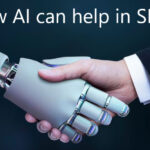



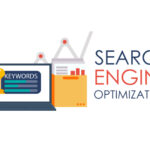




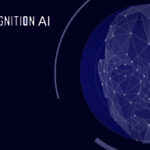
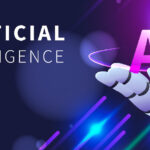


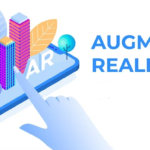
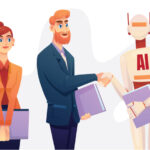
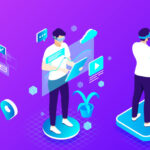
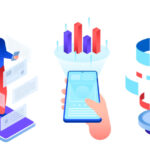

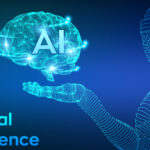







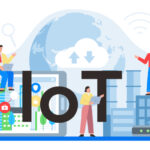












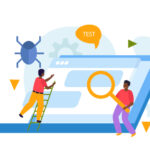





Recent Comments